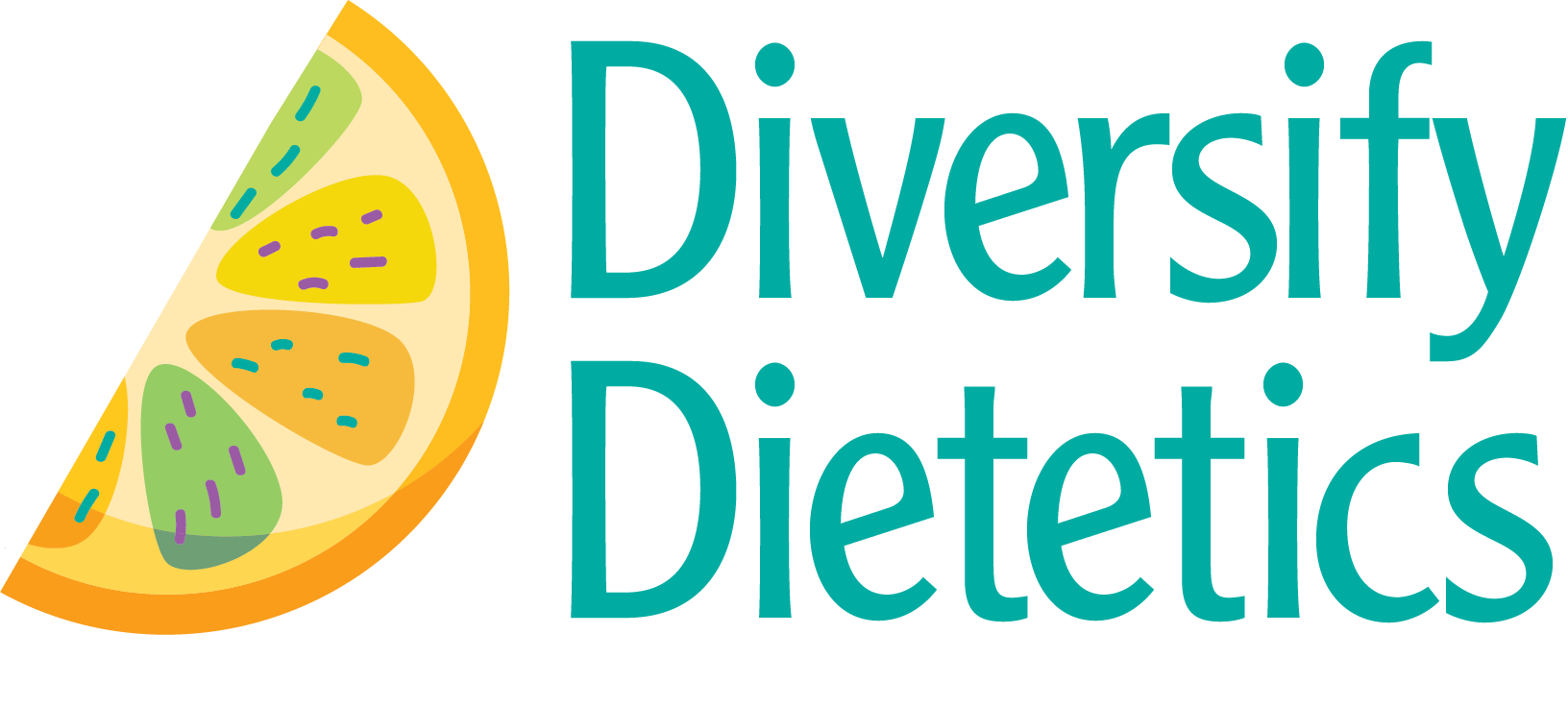RDN Spotlight: Simone Wilson, MS, RD, LDN
Follow Simone on Instagram at @simonetheresenutrition!
What is your ethnicity/race?
I am a mixed race.
Where/when did you go to undergrad/dietetic internship/grad school?
New York University, graduated with a Masters in 2018
Why did you decide to choose nutrition and dietetics as a career?
After years of managing in the NYC restaurant scene, I realized that I no longer wanted to provide food to others without regard to health. I wanted to actually improve people's lives and promote wellness through food. Becoming a dietitian was a no-brainer, so I went back to school and changed careers!
Did your family have any customs related to food? What were some of your favorite foods growing up or your favorite memories surrounding food? Please describe.
With my mom's Seychelles heritage, I grew up eating a lot of rice, curry, and seafood. The use of aromatics like ginger, chili, and garlic always made the house smell delicious. Some of my best childhood memories are of sharing space with my mother in the kitchen as she made dinner.
What do you do now as an RDN and what does a typical day/week look like for you?
I run my own private practice where I see clients virtually and specialize in plant-based nutrition. I treat adults for a wide variety of conditions including obesity, pre-diabetes, diabetes, CVD, IBS and IBD. My counseling incorporates evidence-based science with intuitive eating principles to help people achieve sustainability with their diets. A typical day for me includes conducting virtual 1:1 sessions, custom meal planning, and billing insurance for my clients. As a solo practitioner, I handle all the administrative duties in my practice as well to keep my business running smoothly.
What is/was the biggest challenge for you in becoming a dietitian and how did you overcome that challenge? This can be related to being an RD of color or not just any challenge?
Learning the ropes of private practice and entrepreneurship was not a topic that was focused on during my Master's program, so I had to learn this on my own after graduating. It took (and continues to take) a lot of work to keep it going, but it's worth it!
Why do you think diversifying this field is important?
Diversifying is important to reflect the diverse communities and populations that dietitians serve, but also to empower those of color who wish to become health care providers.
What is a piece of advice you would give a student of color interested in entering the field of dietetics?
Know that by entering this field you are helping to combat the inequality permeating our healthcare industry. Keep going, study hard, and know that you belong.

